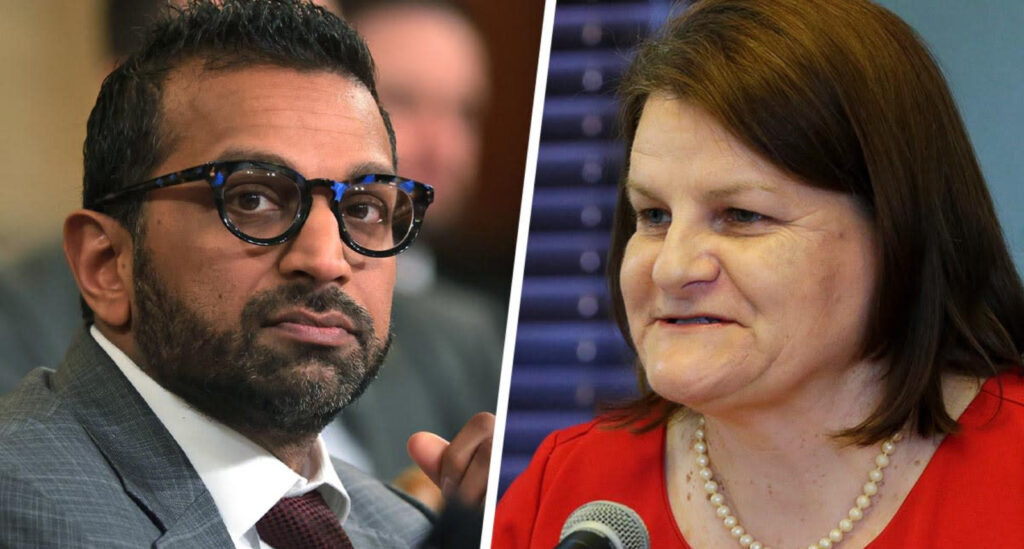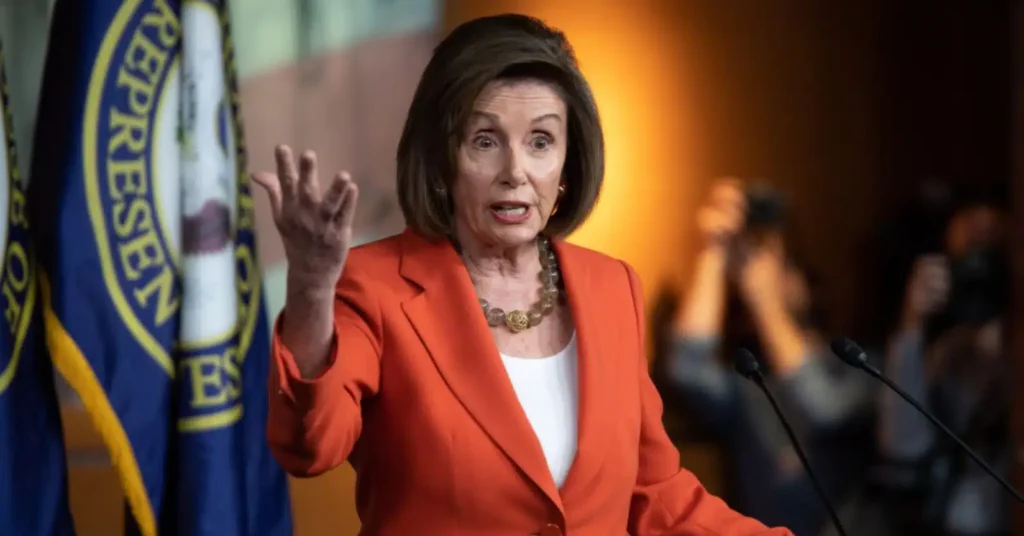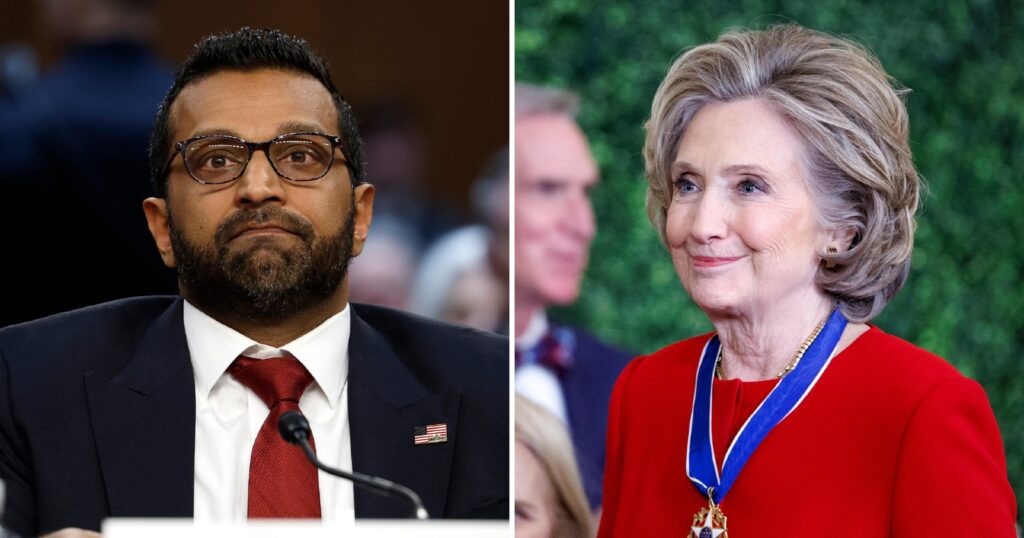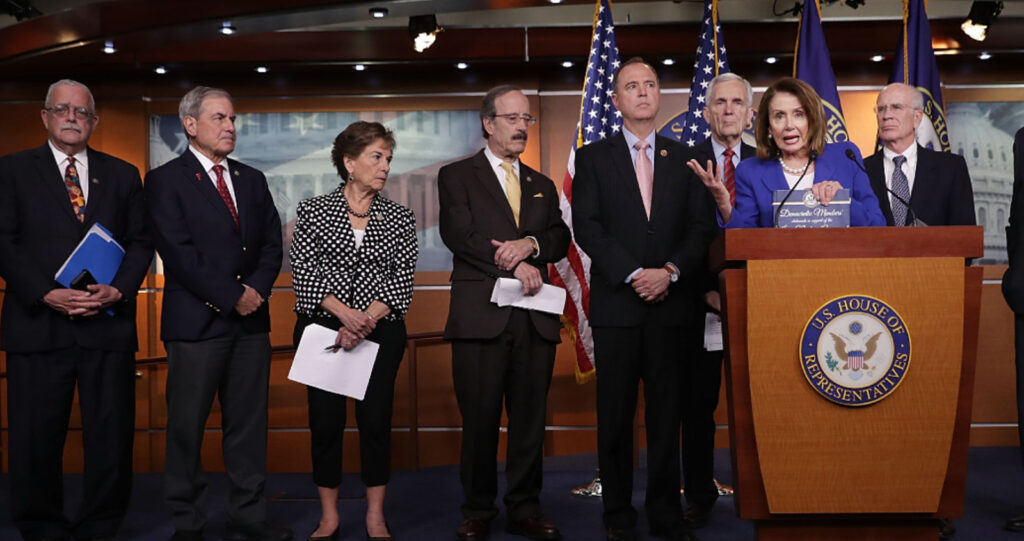In a dramatic post-election twist, Target has announced it will be closing stores across several red states, choosing instead to focus exclusively on blue states in an effort to “create a safe shopping experience” for its employees and customers. The move, following Donald Trump’s re-election, is a bold statement from the retail giant, reflecting its decision to operate in areas that align with what Target’s leadership calls their “values of inclusivity and progressive ideals.”
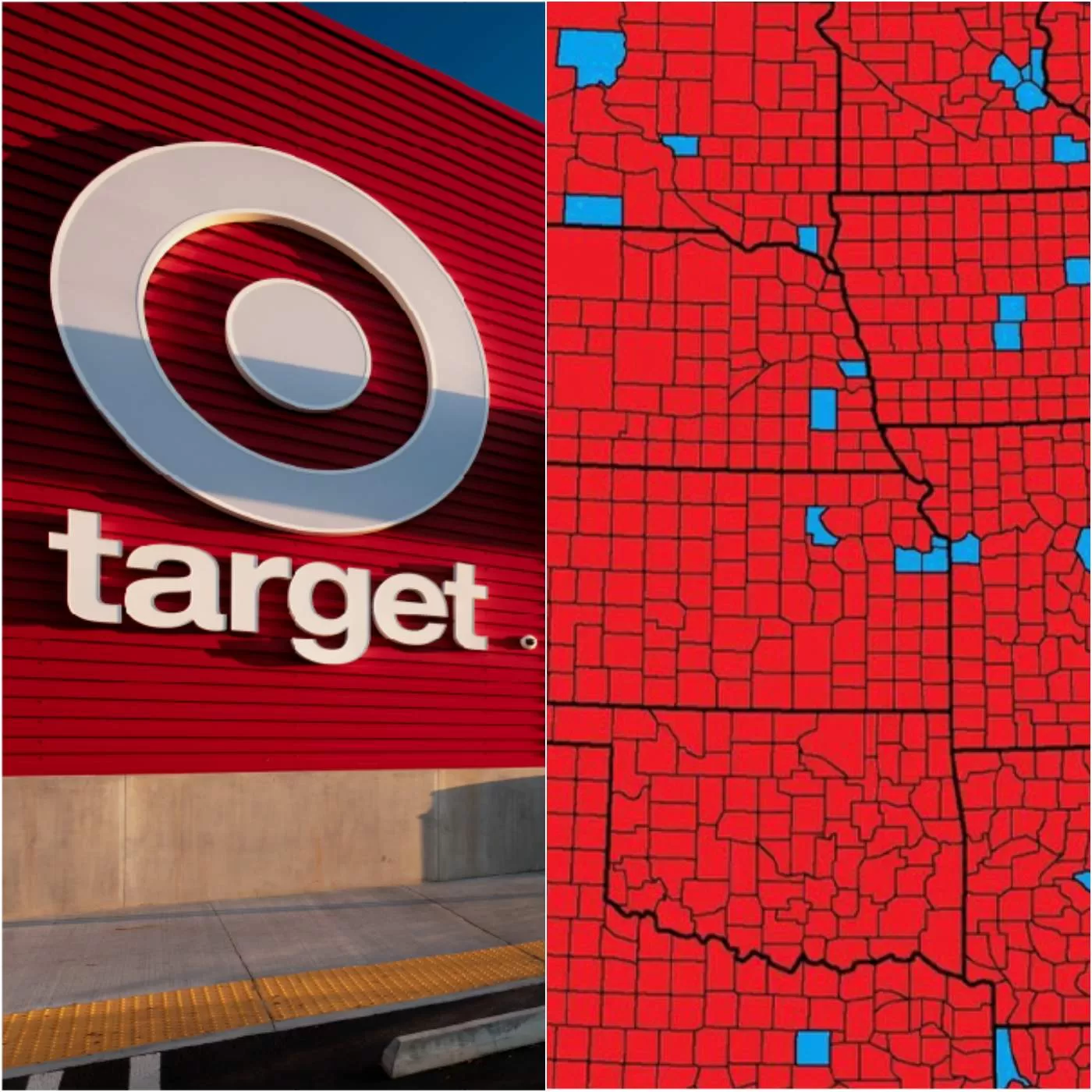
“We’re taking steps to ensure our customers and staff feel supported and secure in today’s political climate,” a Target spokesperson explained. “After a comprehensive assessment, we believe our future lies in places where our commitment to diversity and inclusion isn’t just respected—it’s celebrated. And right now, those places are blue states.”
For many red-state shoppers, Target’s announcement came as an unwelcome shock. The retail chain, known for offering everything from groceries to home decor to impulse buys at the checkout, has become a household staple across the country. However, the company says its decision was driven by the desire to foster an environment free from the “tense, polarized atmosphere” they feel is more prominent in red states post-election.
According to Target, stores in states like Texas, Florida, and Tennessee will begin closing in phases, while the company expands and remodels its stores in states like California, New York, and Washington. “This decision is about safety and community,” the spokesperson added. “We want our shoppers to feel they can be themselves, and right now, we feel that blue states offer a more welcoming environment for our brand’s mission.”
The response to Target’s announcement has been predictably divisive, with reactions on social media ranging from support to disbelief. On Twitter, blue-state customers rallied around the brand, pledging their continued loyalty with comments like, “Target has always been my favorite store, and now I love them even more for standing up for their values!”
Many red-state residents, however, were quick to express their frustration. “So now we’re not ‘safe’ enough for Target?” posted one former customer from Alabama. “Guess I’ll be taking my business somewhere that values all Americans, not just the ‘acceptable’ ones.”
The hashtag #BoycottTarget has already begun trending, with some red-state shoppers vowing never to set foot in a Target store again, even if they travel to blue-state areas. Meanwhile, supporters of the decision started their own hashtag, #ShopTargetBlue, urging fans to support the company in states where it will continue to operate.
Target’s leadership, however, appears unmoved by the backlash. “We respect our customers’ opinions,” a spokesperson said, “but we’re standing by our decision to operate in areas that reflect the values we hold dear.”
As part of this shift, Target is planning to rebrand its stores in blue states as “Blue Oasis” locations, promoting them as “safe spaces” that are progressive and socially conscious. Target’s revamped stores will feature community spaces, eco-friendly product lines, and dedicated sections for socially conscious brands. The initiative, as the company describes it, will create a “modern shopping experience” that aligns with the values of their target audience in blue states.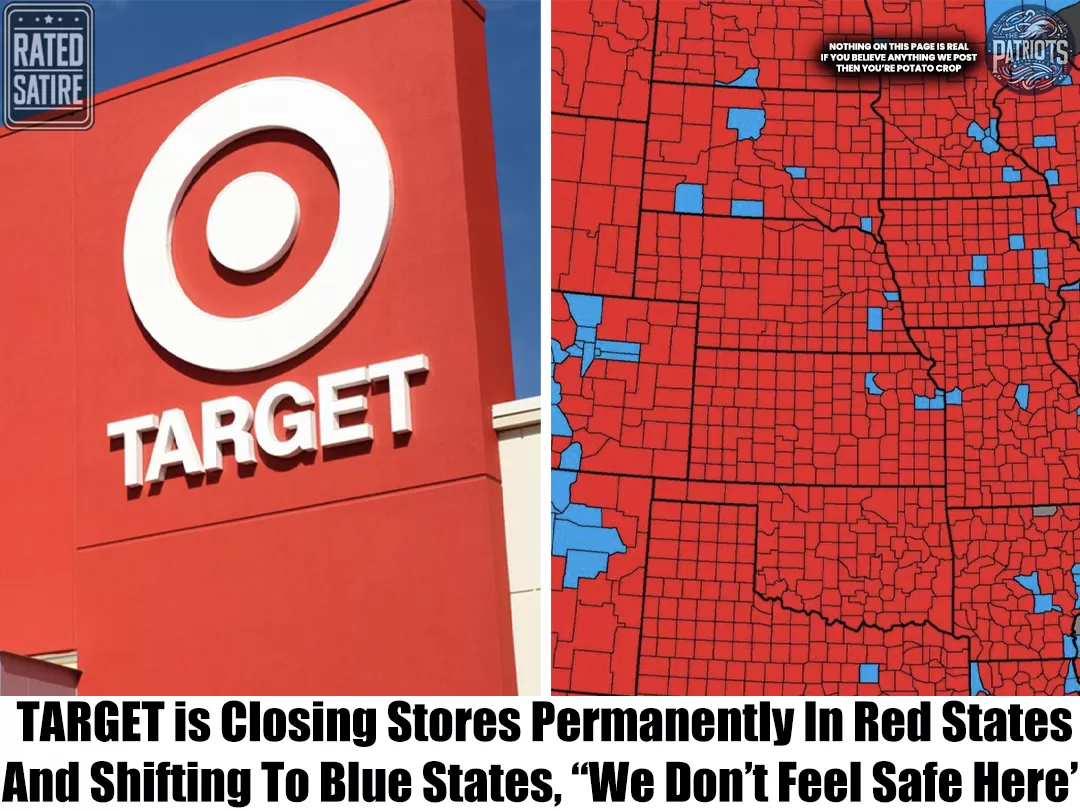
“Our new Blue Oasis stores will reflect our commitment to an inclusive, forward-thinking retail experience,” Target’s CEO said. “We’re excited to provide our blue-state customers with stores that are more than just places to shop—they’re places to feel at home.”
The Blue Oasis locations will feature additional services like “quiet zones” for mental wellness, local community boards, and even a café serving “conscious coffee” and vegan treats. Plans are already underway for grand opening events at Blue Oasis locations in California and New York, which will include live music and a line of exclusive merchandise.
“We want our customers to know they’re not just shopping—they’re supporting a vision,” the CEO added.
Red-state residents are feeling the sting of Target’s decision, with some shoppers interpreting the move as a message that their values are unwelcome. “Target used to be a place we all shopped, no matter who we were or what we believed,” said Lisa, a longtime shopper from Texas. “Now it feels like they’re saying we’re not good enough for their brand.”
Others are treating the announcement as a call to action, rallying around local alternatives or planning to take their business to companies that “serve everyone without the agenda.” “If Target doesn’t want my money, fine,” tweeted a shopper from Florida. “I’ll take my business somewhere that doesn’t feel the need to make a statement with every sale.”
Some conservative commentators have even suggested that other retailers should “step up” to fill the void left by Target in red states, with Walmart frequently mentioned as a potential contender. “Let Target go where it feels ‘safe’—we’ve still got Walmart,” wrote a columnist, echoing the sentiment of red-state shoppers who see the announcement as a thinly veiled insult.
In blue states, however, customers are eager to embrace the revamped Target experience. “It’s awesome to know Target is standing up for inclusivity,” said Sarah, a customer from California. “I love knowing I’m shopping somewhere that shares my values. I’ll support them more than ever.”
Local leaders in blue states are similarly thrilled, with some even offering incentives to attract Target’s Blue Oasis locations. Cities in California and Massachusetts have extended tax benefits and grants to help Target establish their “progressive shopping” model, with one city council member in New York saying, “We’re excited to welcome Target’s vision for a kinder, safer shopping experience to our community.”
As the company prepares to shift its focus, industry experts are watching closely, noting that Target’s decision could either pay off as a brand-defining move or alienate a major portion of its customer base. “This is one of the boldest retail moves we’ve seen in years,” said a retail analyst. “Target is aligning itself with a specific political and social stance, but that kind of polarizing shift doesn’t come without risk.”
The analyst added that while blue-state customers may flock to the Blue Oasis experience, there’s a risk that red-state customers will feel permanently alienated, even if Target one day reconsiders its red-state exit.
Target’s leadership, however, remains optimistic, confident that their supporters will more than make up for any lost revenue. “In an increasingly divided world, we’re choosing to stand by our values, and we believe our customers will stand by us,” the CEO said. “Our priority is to be in communities where we can authentically deliver the Target experience.”
As Target’s Blue Oasis rollout approaches, the company’s decision reflects a new trend in retail: values-based shopping. Where retailers once strived to stay politically neutral, Target is sending a clear message about who and where it wants to be. Whether or not this shift will redefine the retail landscape remains to be seen, but one thing is certain—Target isn’t shying away from its beliefs.
“We’re proud of who we are,” the CEO concluded, “and we’re excited to provide a safe, welcoming environment for everyone who shares our vision.”
With the first wave of Blue Oasis openings set for next year, the company is betting that its “feel safe” approach will win over loyal blue-state customers, even if it means leaving behind shoppers in red states. As Target’s spokesperson put it, “We’re creating a place where everyone can feel at home—at least, everyone who sees home the way we do.”
